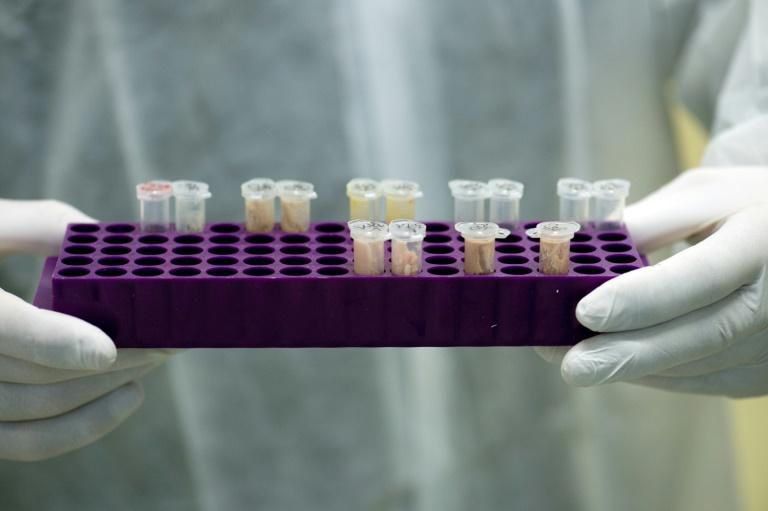Is DNA always about trust? Here’s why you should conduct a DNA test after childbirth
)
The arrival of a newborn is usually a time of overwhelming joy, tears of happiness, and endless congratulations. For most families, it is a moment to celebrate life and the bonds that tie them together. But beneath the smiles, there can sometimes lurk uncertainty, uncertainty about parentage.
While trust is the cornerstone of any family relationship, the science of DNA testing has emerged as a reliable tool to confirm biological ties. And contrary to what many might think, conducting a DNA test after childbirth isn’t always about doubting a partner, it’s about clarity, protection, and peace of mind.
Why DNA Testing Matters
)
DNA, or deoxyribonucleic acid, is the unique genetic blueprint that determines every human being’s physical and biological traits. A DNA test can match a child to a parent with almost absolute certainty, over 99.99% accuracy. This level of precision can be invaluable for several reasons:
1.Legal Protection
READ MORE: Patapaa laments lack of support from Ghanaians: ‘We allowed Nigerians to adopt One Corner’
In cases where paternity might be questioned, a DNA test provides legally admissible proof. This can impact child support, inheritance, and custody arrangements, ensuring that both parents and the child are protected under the law.
)
2.Medical History and Health Benefits
Knowing a child’s biological parentage can be critical for understanding inherited medical conditions. Certain genetic disorders, predispositions to illnesses, or even blood compatibility issues can only be accurately assessed when biological relationships are confirmed.
3.Peace of Mind

Even in the most trusting relationships, doubts can arise, sometimes unintentionally. Conducting a DNA test after birth can prevent future disputes and emotional strain. Rather than letting questions fester, parents can resolve uncertainties early.
4.Strengthening Family Bonds
Interestingly, DNA testing does not always weaken trust; in many cases, it reinforces it. When both parents are confident in their knowledge, they can focus on building a loving and stable environment for their child.
5.Hospital Errors and Baby Swaps
Although rare, there have been instances where hospitals mistakenly mix up newborns or tag them incorrectly, creating a situation where a baby is unknowingly swapped. DNA testing after birth can immediately identify such errors, preventing devastating long-term consequences for families.
"Conducting a DNA test should not be seen as an act of betrayal," says, a clinical geneticist. "It is about confirming biological truths, protecting the child, and ensuring that families have accurate information for the future."
)
Another misconception is that DNA testing is invasive or complicated. In reality, modern tests are straightforward and safe. Most use cheek swabs from the child and alleged parent, which are painless and can be collected at home or in a medical facility.
When to Consider DNA Testing
While DNA tests are available at any time, many experts recommend considering them soon after birth in the following scenarios:
Single-parent concerns: If the mother wants legal or medical clarity regarding the child’s father.
Custody and inheritance issues: Families with complex legal or financial circumstances.
Health reasons: To understand potential genetic disorders or family medical history.
Peace of mind: To prevent future disputes or emotional uncertainty.
It is no secret that DNA testing can carry emotional weight. Some fear it may signal distrust, provoke conflict, or affect family dynamics. However, with transparent communication and professional guidance, these challenges can be mitigated.
It’s important to approach DNA testing with sensitivity and care. Parents should discuss the reasons for testing openly and reassure each other that the goal is clarity and protection, not accusation.
Ultimately, DNA testing after childbirth is about more than just numbers on a report, it is about ensuring that families have accurate information to navigate life confidently. From legal safeguards to medical insights, the benefits extend far beyond mere curiosity.
In a world where family structures can be complex and genetics play a critical role in health and identity, DNA testing provides certainty in an uncertain landscape.
While trust remains a cornerstone of parenthood, science offers a way to back up that trust with fact. Far from undermining love, a DNA test can be a step toward transparency, security, and peace of mind for every member of the family.
)

)
)
)
)
,fit(112:112))
)
)
)
)